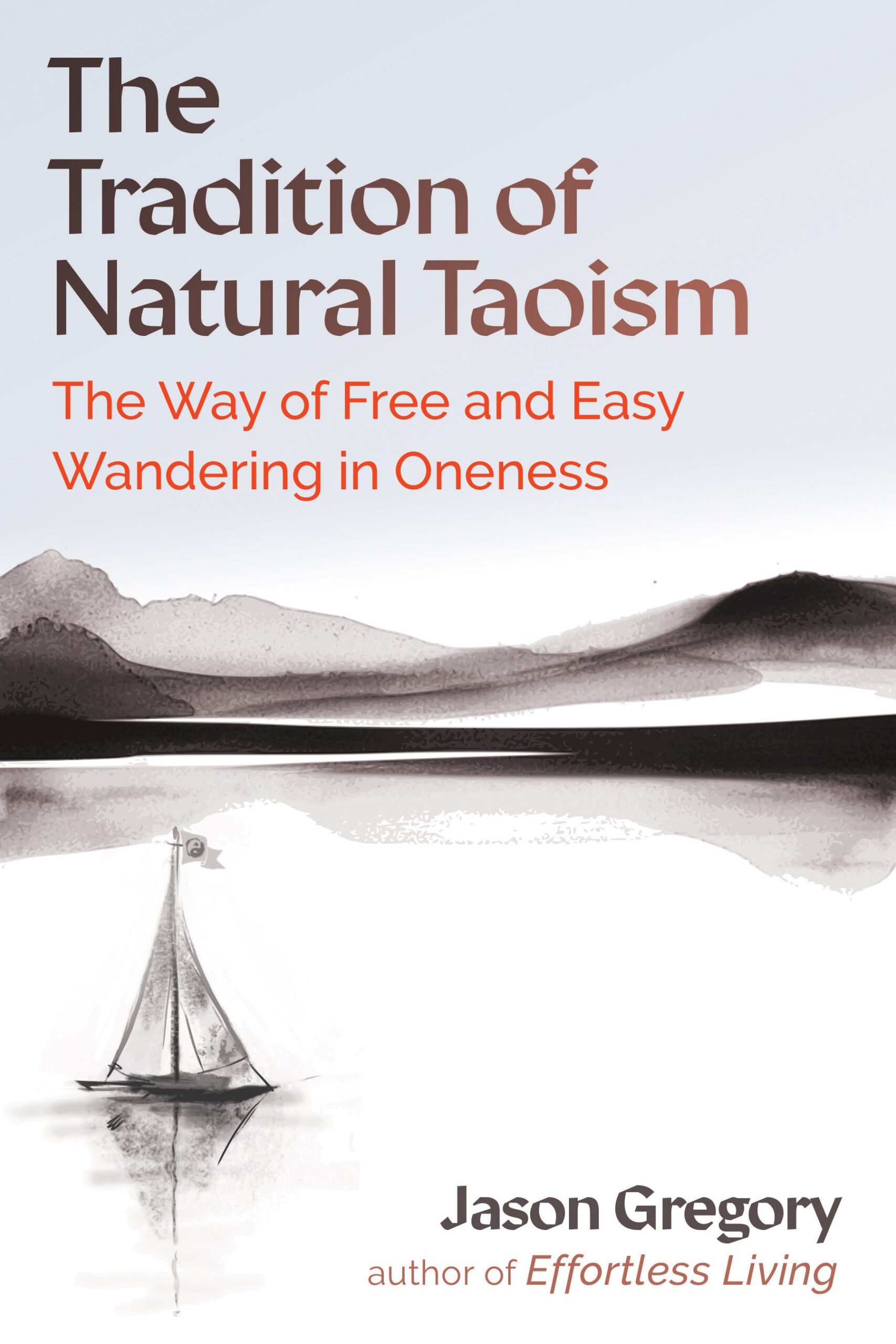Is the Self an Illusion? | The Five Aggregates of Buddhism (Skandhas)

In this episode of Enlightenment Today I will speak about whether the self actually exists. I will explore this from the perspective of the the five aggregates of Buddhism, especially the Madhyamaka and Yogacara schools. People often assume Buddhist beliefs are built on the idea that the self (ego/persona) is a persistent illusion, but this is not entirely true because it is much more complicated than that unfounded belief. The five aggregates are actually an advanced mind science centered on how the self is developed and, as a result, why the illusion of a self is based on a cognitive error we all make before waking up (nirvana).
Jivanmukta VS Bodhisattva (What’s the Difference?)
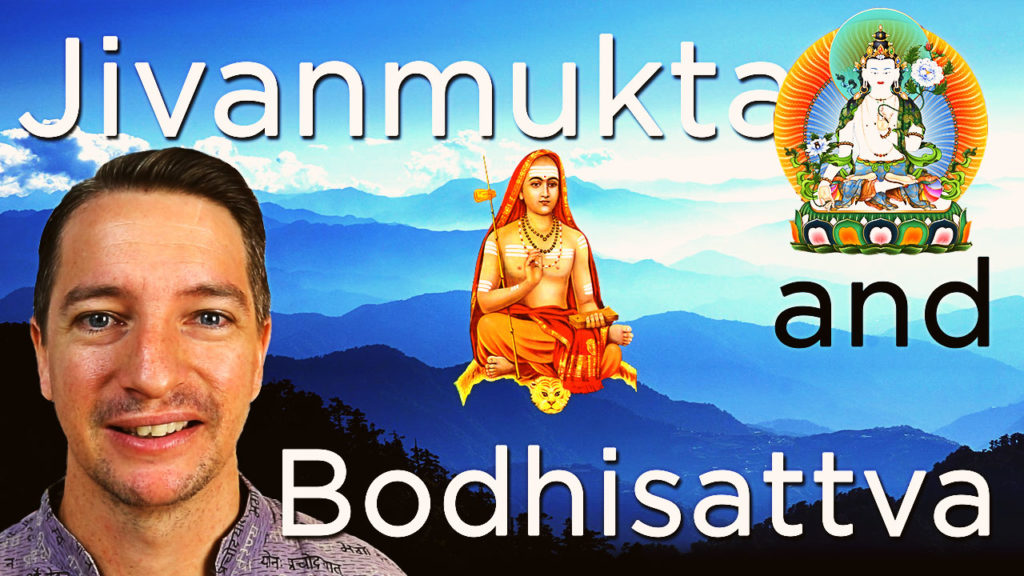
In this episode of Enlightenment Today I will speak about the differences between a Jivanmukta and a Bodhisattva. Both titles are revered in Hinduism (especially in (Advaita Vedanta) and Buddhism (especially in Mahayana Buddhism). The goal of both Hinduism and Buddhism (and Eastern spirituality in general) is liberation (moksha, mukti, kaivalya, nirvana) and not the idea of personal salvation. This is important to remember when we think about a Jivanmukta and the Bodhisattva ideal. Find out why this is important and what are the exact differences between these two enlightened titles.
Why You Must Travel (How to Harness the Yogi Mind)
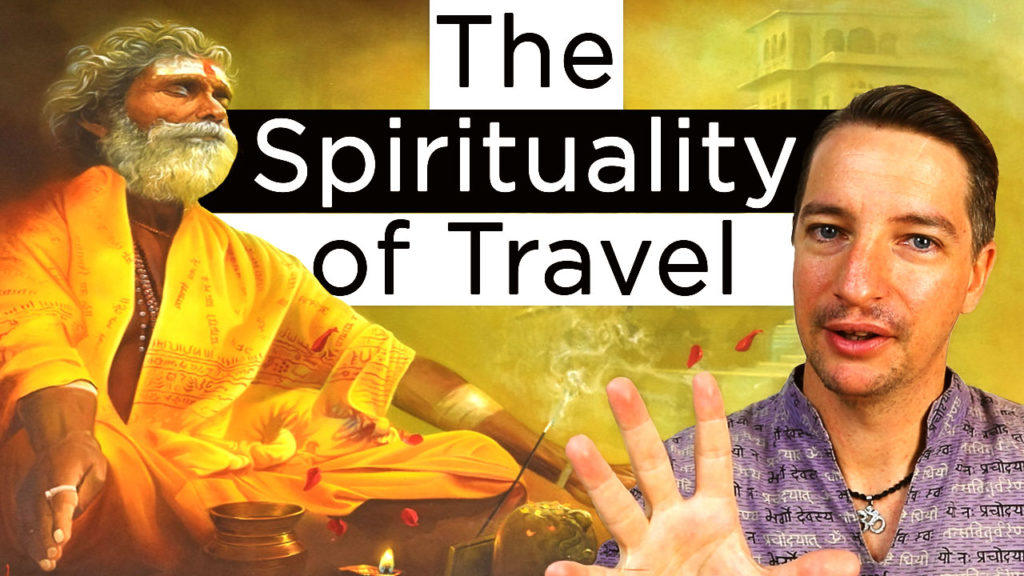
In this episode of Enlightenment Today I will speak about the spiritual benefits of travel. Endless travel is actually an ancient yogic practice. The ancient Yogis never stayed in one place too long because they understand that if you reside in one specific location for too long, you will subtly pick up the habits and tendencies (vasanas) of that environment. The ancient Yogis were dedicated to understanding the nature of the mind and the universe. So travelling for them (and also us) is a practice of cultural deprogramming. From living a life of travel, they eliminate some of the deeply entrenched conditioning (samskaras) that we all have. For this reason (though many aren’t aware) people in the modern world are addicted to traveling. As our conditioning begins to break down, our mind begins to effortlessly roam the world without experiencing mental and cultural friction with a new environment. We begin to move naturally, just as nature intended it.
Spirituality Does Not Need Science (Sadhguru is wrong)
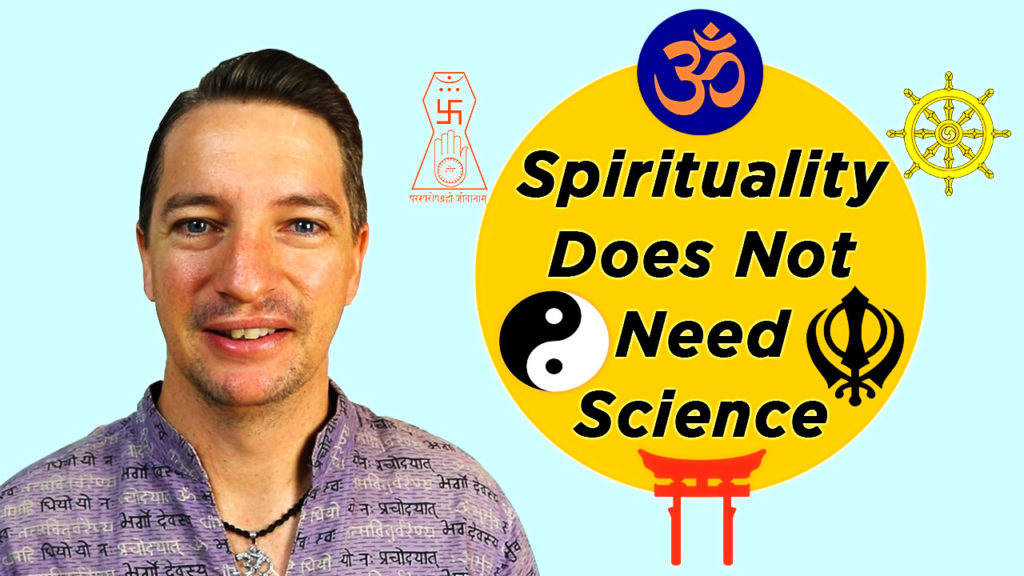
In this episode of Enlightenment Today I will speak about how the great spiritual traditions of the East are complete systems in and of themselves without any need for a validation from modern science. Influential teachers such as Sadhguru and the Dalai Lama sing praise about their ancient knowledge because science is now validating the ancient spiritual knowledge of Eastern spirituality, as if this now validates thousands of years of knowledge and wisdom on the nature of the universe and consciousness. But Eastern spirituality has their own systems of thought (especially ancient Indian knowledge) that have no need for science because it has its own system of thought based on materialism. And it is ironic that science is actually now turning to Eastern thought for a deeper understanding of the universe and the nature of consciousness. Ancient Eastern knowledge is far ahead of science in regards to the nature of the universe, mind, consciousness, and the mystery of pure awareness which is an experiential discovery of many Eastern spiritual traditions.
Zhuangzi on Oneness (learn to see the infinite in life)
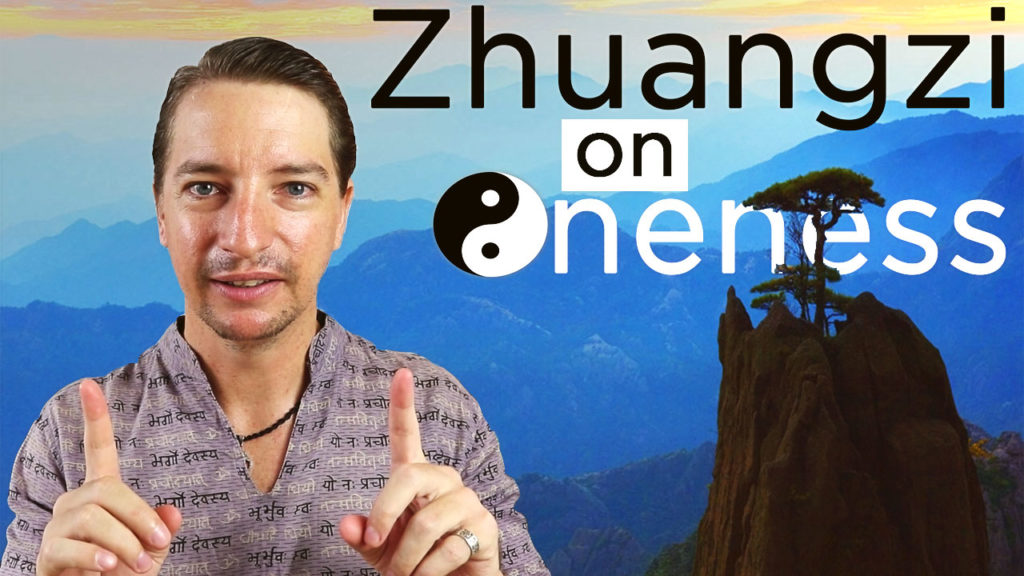
In this episode of Enlightenment Today I will explain Zhuangzi’s natural philosophy of oneness. This is the ability to perceive the infinite in all things, which allows us to experientially feel the actual unity of life deep within our heart-mind. This is the Daoist (Taoist) vision of the universe which runs counter to the Western trained cognition of individualism and partiality. Zhuangzi explains how our analytical training blinds us to the oneness of the universe and this problem is only becomes worse because of analytical focused education. This is Zhuangzi’s natural understanding that life exists with no labels and the analytical training to discern between “this” and “that” is a human flaw which leads to a subjective viewpoint of right and wrong, and good and evil, which we all superimpose onto an objective reality which is actually the same for all. This incorrect perception is the seed of all conflict. To see reality as it truly is, in its infinite oneness, Zhuangzi advises us to fast the mind. Only then will our mind be cleansed and, as a result, the world will be at peace.
The Atman (The Nature of the True Self)
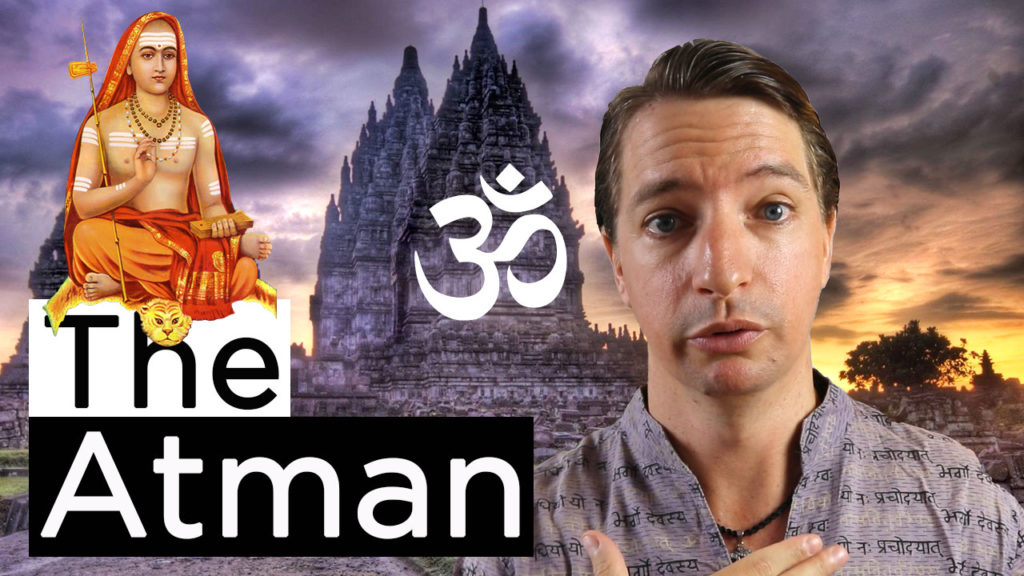
In this episode of Enlightenment Today I will give a thorough explanation of what the Atman truly is. There is a lot of misinterpretation and misunderstanding surrounding the knowledge of the Atman. When we say the Atman means the “true Self,” what does that “Self” actually represent? People with no prior training in Hindu thought, then, assume the true Self is related to a sense of agency or being (Jiva). This confusion between the Jiva and the Atman is prevalent in spirituality. But, as I thoroughly explain from traditional Vedanta knowledge, the Atman is the undifferentiated consciousness within all as one (Brahman), which is the foundation of nonduality. We need to rephrase the question of “Who am I?” (which implies a sense of agency/ego) to “What am I?”
GO BEYOND EVERYTHING
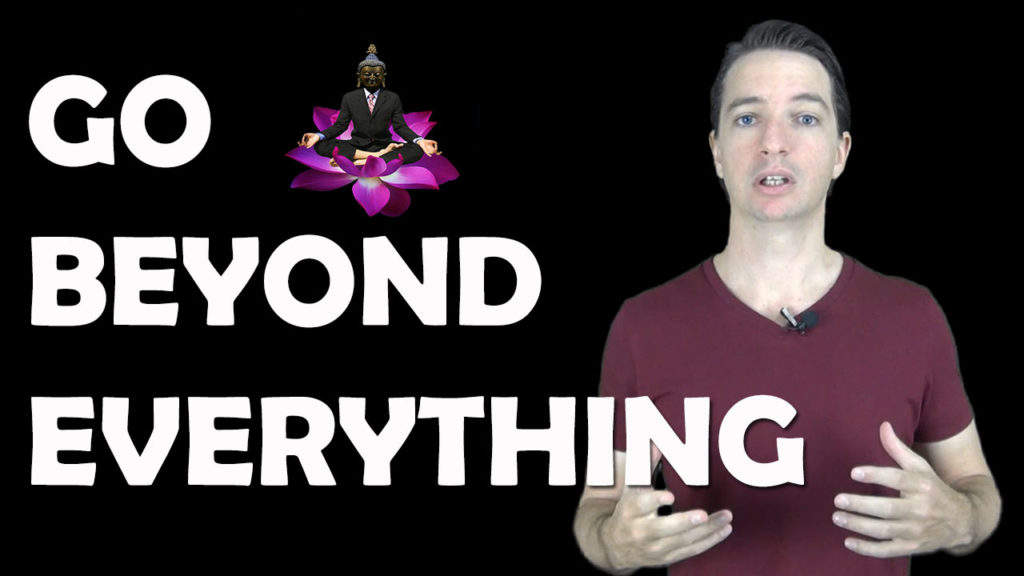
In this episode of Enlightenment Today I will explore what it means to go beyond everything and essentially going all the way. This is the spiritual ideal of the great Eastern spiritual traditions and sages. But this ultimate goal is something that frightens most people because they are not willing to truly give up their sense of self. People who become interested in spirituality forget this ideal because people often subtly use spirituality to propagate their ego rather than dissolve it. Going beyond everything means you’ve come into resonance with the underlying witness of all life.
The Art of No Debate
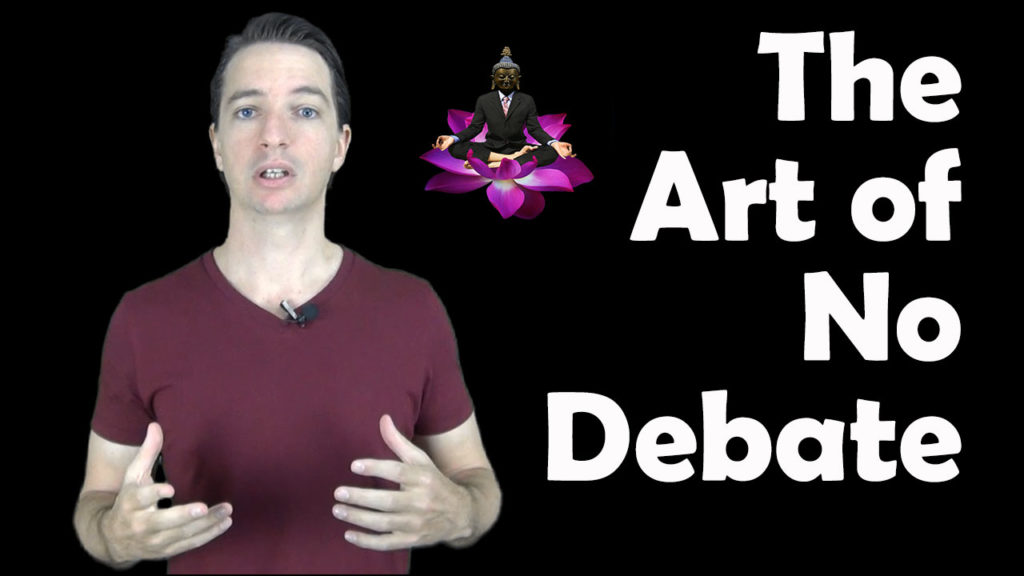
In this episode of Enlightenment Today I will explore the Eastern resistance to debating, especially in countries such as Japan. Avoiding debate is another hallmark of Eastern thought that a lot of Westerners find hard to comprehend. In the West we are almost encouraged to debate so we can come to a conclusion on a matter. This way of thinking is incorrectly believed to be universal. Westerners often think that the way they think is the same for everyone else. This is a clumsy way of viewing the world. Both East and West cognitively evolved differently which influenced their social structures, philosophies, religions, language, and basic world view. In the West debate was a natural byproduct of analytical thinking and individualism. While in the East, avoiding debate was a natural byproduct of holistic thinking and collectivism.
Spiritual Materialism
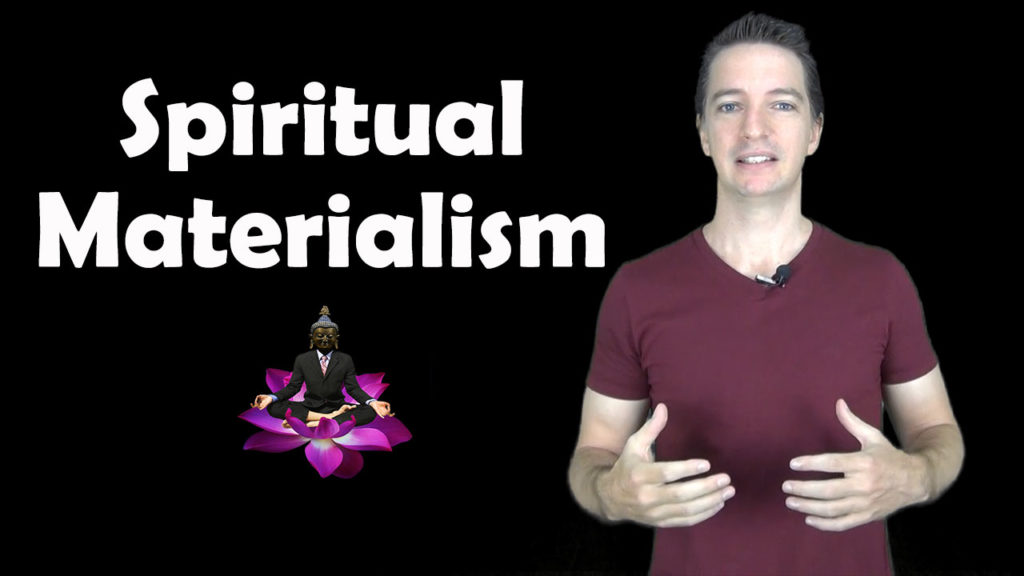
In this episode Enlightenment Today I will explore spiritual materialism. I’m going to explain why people feel the need to show their spirituality on the outside. This means that I’m going to put under the microscope all of our dreadlocks, tattoos, piercings, and other accessories.
Ramana Maharshi
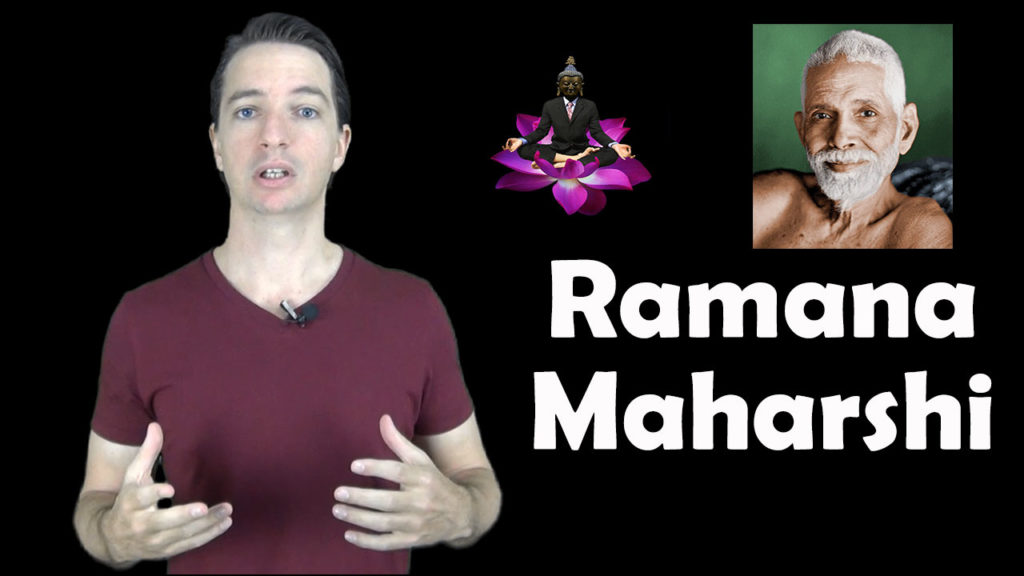
In this episode of Enlightenment Today I will explore the life and teachings of the great 20th century sage Ramana Maharshi. His life was dedicated to the ancient spiritual tradition of Advaita Vedanta (nondualism) after his enlightenment at the young age of sixteen. Ramana Maharshi belongs in the honorable company of the Buddha, Lao-tzu, Chuang-tzu, Shankara, Patanjali, Bodhidharma, and Mahavira. His timeless teachings are imperative to understand in our busy and chaotic modern world. Recommended Reading Be as You Are http://amzn.to/2z1YML6 Who am I?: The Teachings of Bhagavan Sri Ramana Maharshi https://amzn.to/2oIbR8w The Collected Works of Ramana Maharshi https://amzn.to/2Q6nxPd The Spiritual Teaching of Ramana Maharshi https://amzn.to/2oFQzIH NOTE: This site directs people to Amazon and is an Amazon Associate member. As an Amazon Associate I earn from qualifying purchases. The pages on this website may contain affiliate links, which means I may receive a commission if you click a link and purchase something that I have recommended.

